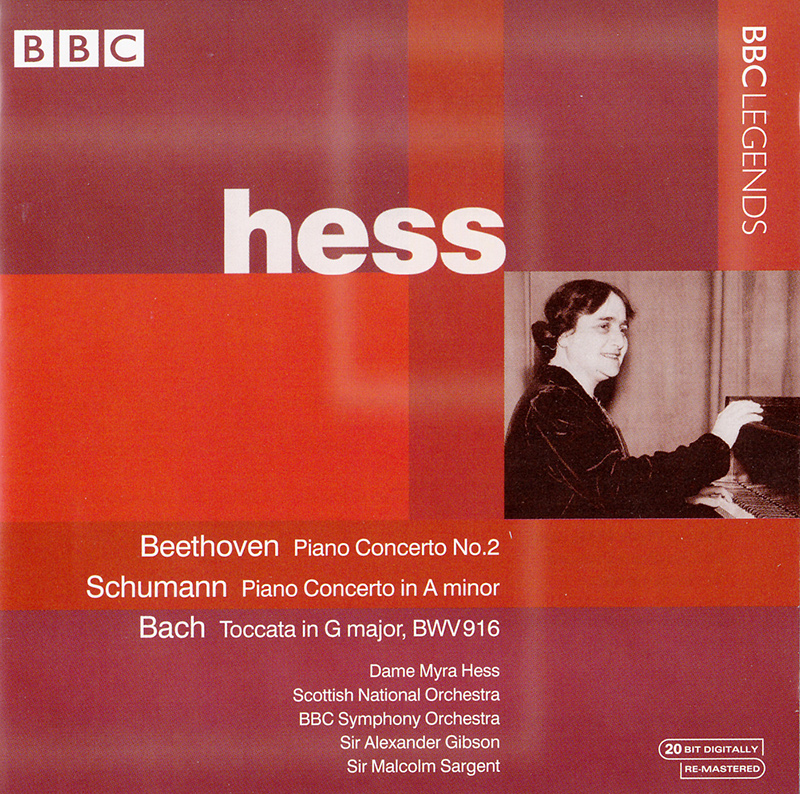Logowanie
OSTATNI taki wybór na świecie
Nancy Wilson, Peggy Lee, Bobby Darin, Julie London, Dinah Washington, Ella Fitzgerald, Lou Rawls
Diamond Voices of the Fifties - vol. 2
Tylko 1000 egzemplarzy!!!
DVORAK, BEETHOVEN, Boris Koutzen, Royal Classic Symphonica
Symfonie nr. 9 / Wellingtons Sieg Op.91
nowa seria: Nature and Music - nagranie w pełni analogowe
Petra Rosa, Eddie C.
Celebrating the art and spirit of music - vol. 3 - Pure
warm sophisticated voice...
Peggy Lee, Doris Day, Julie London, Dinah Shore, Dakota Station
Diamond Voices of the fifthies
Tylko 1000 egzemplarzy!!!
SAMPLER - STS DIGITAL, Buddy Tate, Milt Buckner, Walace Bishop
Jazz Masters - Legendary Jazz Recordings - v. 1
proszę pokazać mi drugą taką płytę na świecie!
Chesky! Niezmiennie perfekcyjny
Winylowy niezbędnik
ClearAudio
Double Matrix Professional - Sonic
najbardziej inteligentna i skuteczna pralka do płyt winylowych wszelkiego typu - całkowicie automatyczna
BEETHOVEN, SCHUMANN, BACH, Dame Myra Hess, The Scottish National Orchestra and Chorus, BBC Symphony Orchestra, Alexander Gibson, Sir Malcolm Sargent
Piano Concerto No. 2 in B flat major / Piano Concerto in A minor
- Dame Myra Hess - piano
- The Scottish National Orchestra and Chorus - orchestra
- BBC Symphony Orchestra - orchestra
- Alexander Gibson - conductor
- Sir Malcolm Sargent - conductor
- BEETHOVEN
- SCHUMANN
- BACH
This was the last performance of the Beethoven given by Myra Hess. It’s certainly not the way one would like to remember her, given the technical frailties exposed, but there are still illuminating moments in the slow movement that remind one of her profound musicianship. It was taped in 1960 five years before her death. Beginning with a reasonable rococo flourish one’s hopes are high but the orchestra is quite murkily recorded and is in any case rather dark-toned. Gibson leads a workmanlike but unbuoyant traversal and the opening movement never develops an appropriate sense of lift. The orchestra sounds too heavy in the slow movement – string separation is not apparent - and this doesn’t dovetail with Hess’s most attractive, yielding phrasing. There’s great delicacy and warmth in her playing here. There’s trouble from time to time in the finale, with Hess stumbling at key moments. The Schumann was taped only two years earlier but it brings us a Hess in significantly better form technically. She was still giving concerts internationally and there is in fact a live performance in New York with Mitropoulos from earlier in the same year. Something seems to have happened with Sargent on the rostrum. He may have been an insolent martinet but he could certainly galvanise his soloists. I’ve never encountered a Hess performance, commercial or live, that shows her in quite this decisive and forward-moving form. I ascribe a great deal of that to Sargent whose handling of the orchestra may not have been the final word in sectional discipline but who nevertheless succeeded in giving Hess a platform for some rather wonderful playing. She’d recorded the concerto with this same orchestra and Rudolf Schwarz in 1952, as well as making her more celebrated pre-War 78 set with Walter Goehr. The Schwarz lacked the ebullient poetry of the Goehr but the Sargent-led performance shows us another side of the Hess-Schumann matrix. Yes, the recording is mushy and unsatisfactory but Sargent’s lead is directional and no-nonsense. Hess responds with athletic poeticism. Her first movement tempo is very fast for her; she clips a minute off Mitropoulos and Goehr and in the final two movements speeds up again vis- a- vis the New York performance. The result is a less reflective and more active kind of poetry, with the slow movement turned with delectable charm, delightful dynamic gradients and tangible colour. This is a real find for Hess admirers and will surprise them. The disc concludes with an excellent performance of Bach’s Toccata in G major BWV916, the high point of which is the powerfully expressive central section, which she explores with total concentration and command. The relative disappointment of the Beethoven is more than compensated for by the scintillating Schumann. The recorded sound as noted is murky but unproblematic to those experienced in broadcast material. Let’s hope the BBC keeps faith with Hess and continues to delve intelligently into her rare British concert material. Jonathan Woolf





























